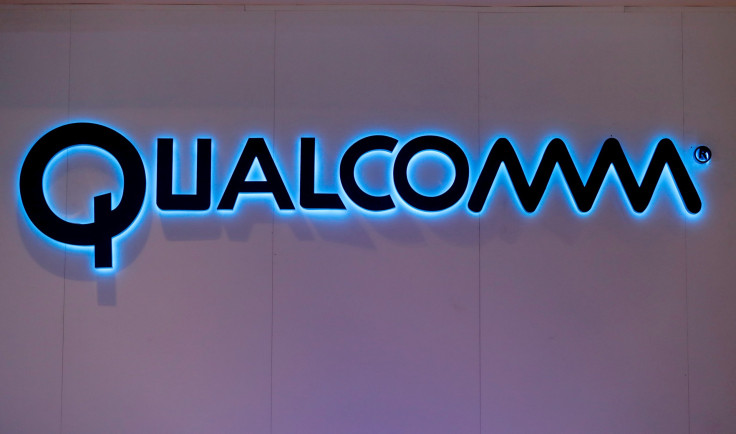Broadcom's $100 Billion Qualcomm Bid Could End Apple Feud With Chipmaker

The smartphone chipset industry has had an interesting year, and saw Nvidia moving into AI and Samsung starting large-scale semiconductor production.
And the clincher is being revealed as the year is about to end — Broadcom's expected $100 billion takeover bid for Qualcomm.
This would be the biggest ever takeover bid in the chipset industry, whose total worth currently stands at $300 billion. Broadcom is reportedly set to offer a $70 per share deal in cash and stock soon.
While representatives from either company yet to comment, the share prices of both have risen since the rumor broke out Friday. While Qualcomm’s shares made their biggest ever gain since October 2008 of 19 percent, Broadcom’s shares rose 5.5 percent in intraday trading Friday.
The fact that Broadcom — itself valued at $112 billion — has put out a $100 billion bid for Qualcomm has taken many people by surprise. Since Qualcomm is currently valued at $44 billion, the deal might be irresistible for the company.
However, there seems to be a curious link between the two companies; while Qualcomm makes chipsets for mid-tier and premium smartphones, Broadcom makes chipsets for Apple’s iPhones such as the iPhone X. And, the fact that Qualcomm has been involved in a lengthy court battle against Apple and has accused the company of infringing its patents.
While Qualcomm had sought a ban on the sale of Apple iPhones in many countries, Apple had countersued Qualcomm for $1 billion in damages for charging hefty royalties on the use of its technology.
Qualcomm has maintained its stand that Apple is violating six of its patents and using the technology to extend the iPhone’s battery life.
“Qualcomm’s inventions are at the heart of every iPhone and extend well beyond modem technologies or cellular standards. Apple continues to use Qualcomm’s technology while refusing to pay for it” the company’s general counsel Don Rosenberg said in a statement on Oct. 13.
Qualcomm is currently in a vulnerable position. In December 2016, it was hit with a fine of $865 million for charging excessive licensing fees to phone makers by the Korean Free Trade Commission. Then, in October, it was fined $773 million for abusing its monopoly power by the Taiwan Free Trade Commission.
The United States Free Trade Commission has sided with Apple and is suing Qualcomm for forcing Apple to use its chipsets in some of its devices.
The buyout might save Qualcomm from the outcome of the judgment. If Broadcom buys out Qualcomm, chances are that it will ink a separate deal with Apple to settle the cases between the two companies, and end the Qualcomm-Apple feud once and for all.
While the terms of the deal haven’t been revealed, chances are that the company has the support of one of the industry’s behemoths, most probably Apple, since it has the most to gain from the deal.
For the consumer, the deal might not sound so sweet, as it could create a monopoly and drive up the prices of smartphones.
© Copyright IBTimes 2024. All rights reserved.





















